|
As an osteopath with a special interest in female care an all too common phenomenon with female health is living with unnecessary discomfort, pain, irritation and irregularities the can come along unwelcome with fluctuations in hormone levels and the structural changes to our anatomy from puberty throughout and beyond menopause.
As an osteopathic manual practitioner, I’m working with the structure of the body to impact any restrictions in motion from superficial skin and fascia, to deep visceral tissues of the body. This with aim to relieve any obstruction to blood flow, naval supply and lymphatic drainage which may be hindering the functioning of the endocrine, nervous, and cardiovascular systems, which all contribute in management of hormone levels throughout the menstrual cycle. As the body works through this cycle for many years of the female life, compromising habits to compensate for the pain and discomfort can arise, leading to a lasting effect on the structure of the body due to the irritation within the deeper organ systems. As the two are so deeply interrelated, I work to impact the structural causes or resultants to give the body a better chance of maintaining homeostasis even throughout the trialling phases of menstruation. Ensuring the reproductive system is under the least amount of physical stress by improving the structural integrity of the overall body structure, not only provides a greater chance for a decrease in unpleasant symptomology throughout the menstrual and menopausal cycles, but also allows the body a better chance at maintaining a fertile environment. Allowing yourself momentary relief during these cycles with temporary aids is second nature in the western world, but there is potential to feel better all month long when allowing osteopathy to be a part of your care plan. As your osteopathic manual practitioner, I work to find the root cause of your unpleasant symptoms, and work with the body to help relieve the structure, to then allow your body to function at it’s best potential. If you have any questions about female health and accompanying symptoms and how I may be able to help your body as a manual osteopathic practitioner, book in at Dalhousie Health & Wellness and lets get your journey started on reclaiming your health. Danielle Stark, Osteopathic Manual Provider
0 Comments
In our society today, many people struggle with their gastrointestinal health on a chronic scale. With a wide variety of symptoms ranging from gastric reflux, heartburn, poor digestion, bloating, constipation, irregular stools, etc. limiting their day to day lives. As an osteopathic manual practitioner, I’m looking at the structure of the body in relation to the function, and vice versa. The relationship between structure and function in gastrointestinal health involves the integrity of the spinal health, as the spinal nerves throughout the entirety of the spine serve some level of the gastrointestinal tract, as well as involves the integrity of the intestinal mucosa and its role in nutrient absorption and peristalsis throughout the gastro tract.
A trend in our western society is to rush, to be sedentary for long periods, and active in intense bursts. With this trend, the structure of the body can start to see some impacts through chronic compensatory patterns; whether compensating for an injury, old or new, compensating for a cluster of symptoms, or just compensating through a common postural or gait pattern - making up for asymmetries in sports, or simply your walking pattern. The purpose of your body attempting to compensate is to alleviate irritation, but often this can lead to additional irritations in different regions of the body. This theme within the spine can lead to asymmetries of the functional mechanics of the spinal column, then irritating nerves serving the gastro tract, as well as the surrounding blood vessels, venous and lymphatic pathways, all of which must have the capacity to flow through their designated pathways to avoid any congestion, which quickly leads to unpleasant symptomatology. As your osteopathic manual practitioner, I work to find the cause of discomforts, unpleasant symptomology and pain, and work with the body to help return the structure to a more neutral, comfortable and healthy state. If you have any questions about troubling digestive and elimination symptoms and how I may be able to help your body, book an osteopathic appointment and let’s get your journey started on reclaiming your health at Dalhousie Health & Wellness! Danielle, Osteopathic Manual Provider Hi everyone! Aoife “ee-fa” Earls, Naturopathic Doctor here! I’m a geek for mind-body medicine. This is a picture of one of my peaceful places that I give myself as part of my daily peace prescriptions, and I thought I would share a discussion I had with my students (I teach psychology) the other night around neutral and peaceful activities, stress hormones and blood pressure.
So often when we’re trying to feel less stressed out we want our stress to just go away. Our body can’t be tricked - it knows when we don’t feel peaceful and calm. Research shows however if we really want peace and calm in intense stress to make a meaningful physical change (like lower blood pressure), we have to go get it and make a conscious effort to put ourselves in peaceful situations. What's interesting is that peaceful situations actually activate blood pressure as well, but in a happy-joy-rest-and-rejuvenation aspect. Peace heals. This means we will have better digestion, clearer thinking, access to creativity and better sleep. So at those times you can’t “calm down” (because who really can calm down on command anyway?!), consider telling yourself it's okay to be stressed or worried, and then choose something neutral or peaceful. Don't try to calm down, just put yourself in a situation or place or activity that you know makes you go into that neutral or peaceful zone, like: -staring out the window -just watching the wind in the trees -noticing the water -watching ants -cleaning your toenails 😂 So, what’s your “peace” prescription? Have a think about the things you do that are neutral (meaning they don’t make you feel tired, fatigued, or irritated) that you could add to your day. Your blood pressure and mood will thank you! Sources: Krause et al 2019 Holsen et al. 2013 PMID 23891965 Are you a woman who struggles with hot flashes way past menopause? Or you struggle with hot flashes and you aren’t anywhere near menopause yet? Are you a woman who struggles with heavy periods? Or struggle with painful periods and need ibuprofen to help ease your symptoms? Today I am talking about 2 topics I am very passionate about: Hormones & inflammation! Many women come in to see me for help with hormone balancing. We often discuss hormone testing and how to eat a balanced diet for hormonal health. But testing hormone levels are not the only important labs to consider running. Many women underestimate the importance of testing for inflammation when looking at hormonal symptoms. Inflammation is best described as a “fire from within”. It causes heat and redness of the tissues and can cause us to actually feel “hot and bothered” As naturopathic doctors, we always do our best to treat the “root cause” of symptoms. When it comes to treating hormones, if chronic inflammation is present then this can make hormonal symptoms significantly worse than they would be otherwise. For this reason, I often run lab tests to screen for inflammation with patients:
If you are experiencing unwanted hormone or inflammatory symptoms — there is hope! There are many steps you can take to get both your hormones and inflammation under control. Your partner in health, Noelle What is “Walk and Talk” Therapy?
Imagine spending time with your therapist outside, going for a walk, on a beautiful day where you get to talk about what you’re going through and feel supported. Instead of being in an office space, face-to-face, you get to walk side-by-side with your therapist, processing your thoughts, stressful life events and related emotions. The therapeutic treatments remain the same including reframing thought patterns or rewiring emotional responses, however the environment is different. Its…nice outside! You, as the client, also get to set the walking pace that works best for you and always have the option to rest on a nearby bench if desired. In addition to therapy itself, both exercise and spending time outdoors, especially in green spaces, have long been linked through a multitude of studies with both a reduction in symptoms associated with depression, stress, and anxiety and an improved overall mood. Regular exercise has also been shown to help boost self-esteem and improve sleep. Furthermore,regular exercise such as walking has been proven to increase levels of serotonin, dopamine and norepinephrine in the brain, all of which produce a feeling of mental wellbeing. Taking a walk in nature with your therapist can bring your mind into the present moment, providing a feeling of being centred, while reducing intrusive or ruminating thought patterns. The outdoor space provides the perfect opportunity for mindfulness meditation as well. Walk and talk therapy can help to reduce feelings of anger and allow for emotional regulation of the nervous system. Walk and talk therapy is recommended for people who have a sense of feeling stuck in their lives since walking is a literal a way to show your body and mind that youcan keep moving forward in your life. At Dalhousie Health and Wellness we are blessed to be located very close to the lovely Port Dalhousie and Jaycee Park. Book your “Walk and Talk Therapy” session with Carol Cowan today and explore the benefits for yourself! Sessions are 55 min in length. https://www.dalhousiehealthandwellness.com/psychotherapy.html Carol is a registered Social Worker with a background as a personal trainer and yoga instructor. As a naturopathic mama, I needed to create a nutritional plan for my little one. Since birth, there are a couple things I’ve given her to ensure she has ALL the nutrients her little body needs to develop and grow. Curious to see what a “naturopathic neonatal nutrition plan” includes? Though breastmilk is the best source of nutrition for an infant, there are a few key things that babies need in addition to breastmilk at 6 months of age. There are 3 foods and nutrients most essential for a baby to be eating around 6 months of age.
Infancy is a period of rapid growth and development -- a baby needs adequate nutrition in order for their brain and nervous system to develop properly. Iron is the most important nutrient for a young baby as a baby's stores tend to run out at 6 months of age. The iron a baby receives at birth is the only iron a baby will have until they start eating iron-rich foods. Unfortunately breastmilk and formula are not good sources of iron. Iron is crucial for healthy brain development in infants. Protein is also important! Protein is important for many of the developing systems of the body, especially the neurological, immunological and gastrointestinal systems. It also contains zinc, an important mineral for various processes in the body like the immune system. Lastly, omega 3 rich foods are important for a baby to eat to receive all the DHA their brain needs for learning and memory! Omega 3s are the only long chain fatty acids that the body cannot produce on its own. Our body must get it through food in order to have enough. Most kids are not being fed wild salmon for dinner. But believe it or not, a 6 month old can safely eat salmon if offered appropriately! Remember, it is important that you are using high quality foods and fish to nourish an infant. For example, tuna should never be fed to an infant despite its high omega 3 content. It’s best to get help from a professional. Talk to your naturopath to ensure your little ones are getting all that they need! Warmly, Dr. Noelle One of the most common questions I get is “why are tongue ties and lip ties such a hot topic these days?” They are not a new diagnosis but they have become more common since people started calling them a “fad” in 2017. It’s very important to recognize ties and treat them for the well being of infants. So let’s talk about why ties are very important in the world today. Recently more studies have been completed and it is now known that oral ties have significant impacts on our little ones. Symptoms of ties are not the same for everyone. We are used to looking for a set of signs and symptoms to diagnose a specific problem. This is not the case here because oral ties can produce some obvious symptoms for mom and baby and some not so obvious symptoms. Some ties can produce; acid reflux, colic, difficulty latching, gumming or chewing when nursing, gasping for air or clicking while nursing or excessive drooling. Many infants get releases for their ties but the truth is a release alone does not fix most oral ties. A multidisciplinary approach to treatment is mandatory for success and this is where body work, specifically chiropractic comes into play. You may be wondering “what is body work?” This term is all encompassing for different types of gentle therapeutic touch or manipulation of the body, including chiropractic. The goal of body work is to help the body function by increasing range of motion, improving body control, relieving tension in muscles, joints, the central nervous system and fascia. Accompanied with an oral tie release, baby can start to learn new motor patterns they lacked pre-release. Supporting babies and families through oral ties and releases is something I’m passionate about, let me know if you have any questions. See you at Dalhousie Health & Wellness and your next appointment! - Dr. Stav 💖 What does low back pain, hernias, incontinence, sciatica, pelvic and hip pain have in common?12/12/2022 What do low back pain, hernias, incontinence, sciatica, pelvic pain and hip pain all have in common? CORE DYSFUNCTION!!!!
Would it surprise you if I told you a 60 year old female with incontinence, a 40 year old male with sciatica and a postpartum mom with a diastasis recti all suffer from the same root problem? Although they all present with a seemingly different case, the underlying issues are all the same- core dysfunction. Fix the core, fix the urinary leakage. Fix the core, fix the low back pain/ sciatica. Fix the core, fix the diastasis recti. The deep core automatically functions to stabilize the spine, hold your pelvic and abdominal organs in place and keep you upright. Automatic being the key word here! The deep core is a group of deep abdominal muscles, deep back muscles, your pelvic floor and your diaphragm. In order for the deep core to function properly, all these muscles have to work together. If one group of muscles doesn’t work, another area in the body has to compensate. When we get multiple breaks in the system, your body can no longer compensate and we end up with pain, incontinence, hernias and dysfunction. The good news is that all of this can be fixed with some dedicated effort. Your chiropractor can assess the function of your deep core. Determine if and where there is a break in the system and then help you to fix the root problem- core dysfunction. If you are experiencing low back pain, sciatica, incontinence, hernias or diastasis recti it’s likely that you are suffering from a deep core dysfunction. Chiropractors at Dalhousie Health and Wellness are trained to asses your core dysfunction and discuss treatment options for getting your core back on track! See you at your next visit, Dr. Meredith Try these 3 Techniques to Manage the Stress Response!
Maybe hosting events and dealing with crowds while shopping just leads to you feeling overwhelmed? Perhaps you’ve had a recent traumatic event, family conflict, or loss of a loved one and the holidays cause you to feel especially sad or lonely? Rest assured there are coping skills and techniques to help manage stress and get through the holiday season. Try these easy techniques: 4-7-8 Breath – Dr. Weil’s 4-7-8 breathing technique is based in the yogic traditions and widely used to help fall asleep faster and can activate the parasympathetic nervous system or the relaxation response in the body. This response helps you to shift back towards a state of tranquility. Practice inhaling through the nose for 4 seconds, holding the breath in for 7 seconds and then exhaling through the mouth for a count of 8 seconds. Practicing this twice a day for a few rounds is ideal. 5,4,3,2,1 Grounding – This grounding technique is an excellent way to bring you back to the present moment when your mind is racing. Focus on 5 things you can see around you, 4 things you feel in your body, 3 things you hear in your environment, 2 things that you can smell and then 1 thing you can taste. Allow yourself to focus on each of these things for 10-15 seconds and gently guide your mind back if it wanders. E.F.T. Tapping – Emotional Freedom Technique (EFT) is a psychological form of acupressure that involves tapping on 14 acupressure points on the face/hands and engaging in some eye movements for bilateral stimulation of the brain. EFT is known to reduce cortisol levels in the body, shift negative emotions and turn on the relaxation response as well. To learn the basics of EFT you can follow along in these videos: https://carolcowan.ca/videos-%26-blog or book an appointment with Carol Cowan at Dalhousie Health and Wellness today to learn more! Curious to see what a “naturopathic neonatal nutrition plan” includes? There are 2 things that all babies need to be supplemented with from birth:
Though breastmilk is the best source of nutrition for an infant, there are a few key things that neonates need in addition to their standard diet. Breastmilk alone does not provide infants with an adequate amount of vitamin D, even if the mother has sufficient blood levels. In fact, Health Canada recommends all babies receive vitamin D from birth. Probiotics are also important to help with the development of baby’s gut and in order for them to digest milk properly. As many mamas are given antibiotics during a c-section or a vaginal birth, it is important to help introduce healthy bacteria back for optimal intestinal health! This can help to prevent thrush and bad bacteria from causing issues later on. Remember, only pediatric “baby doses” of these nutrients are needed, and it is important that you are using high quality brands. It’s best to get help from a professional. Talk to your naturopath at Dalhousie Health and Wellness to ensure your little ones are getting all the nutrition that they need! |
Archives
May 2024
|

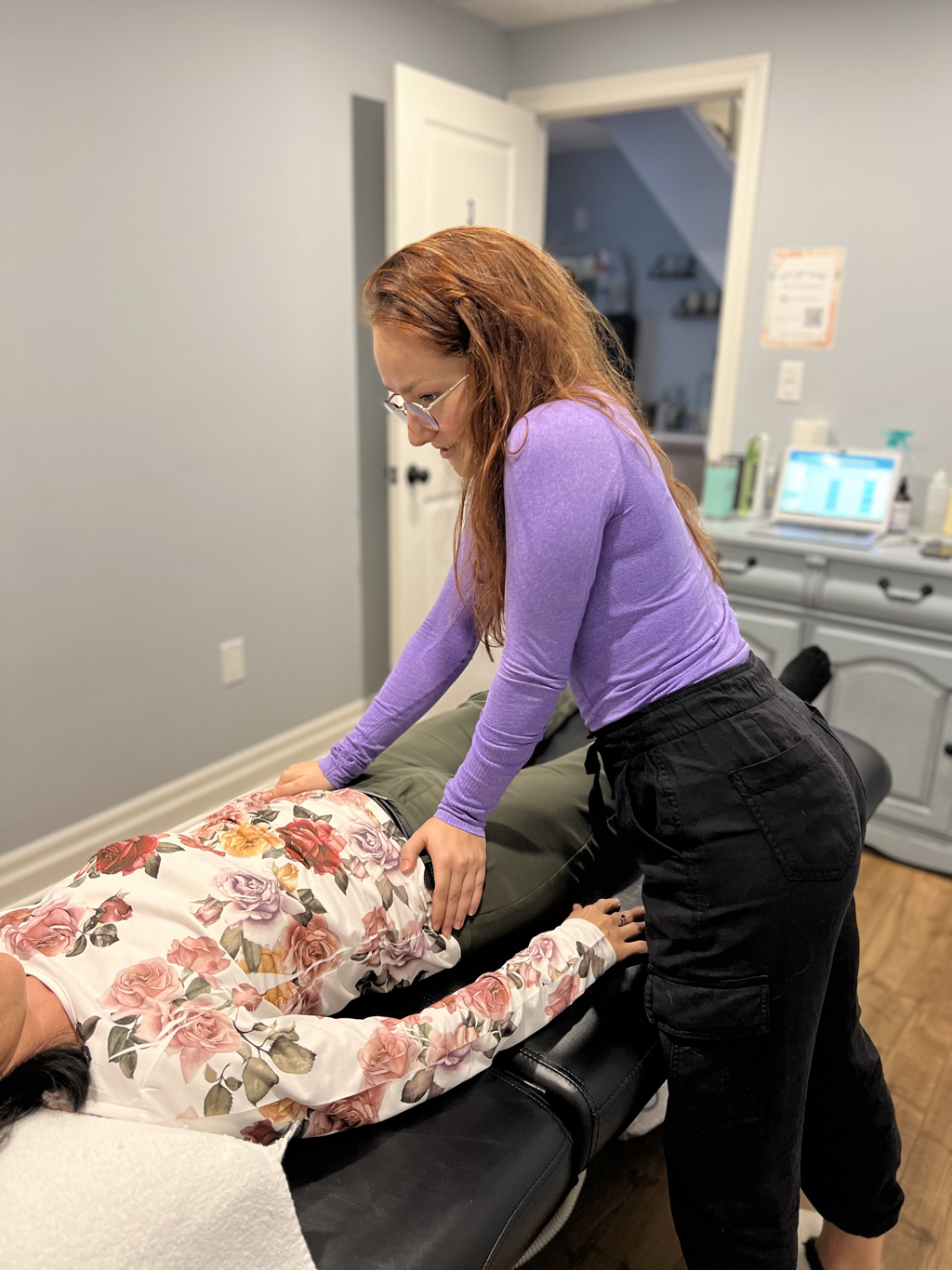
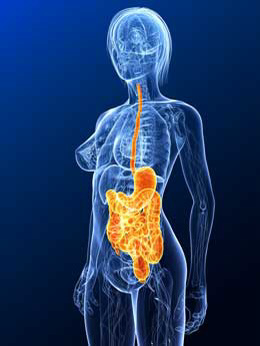


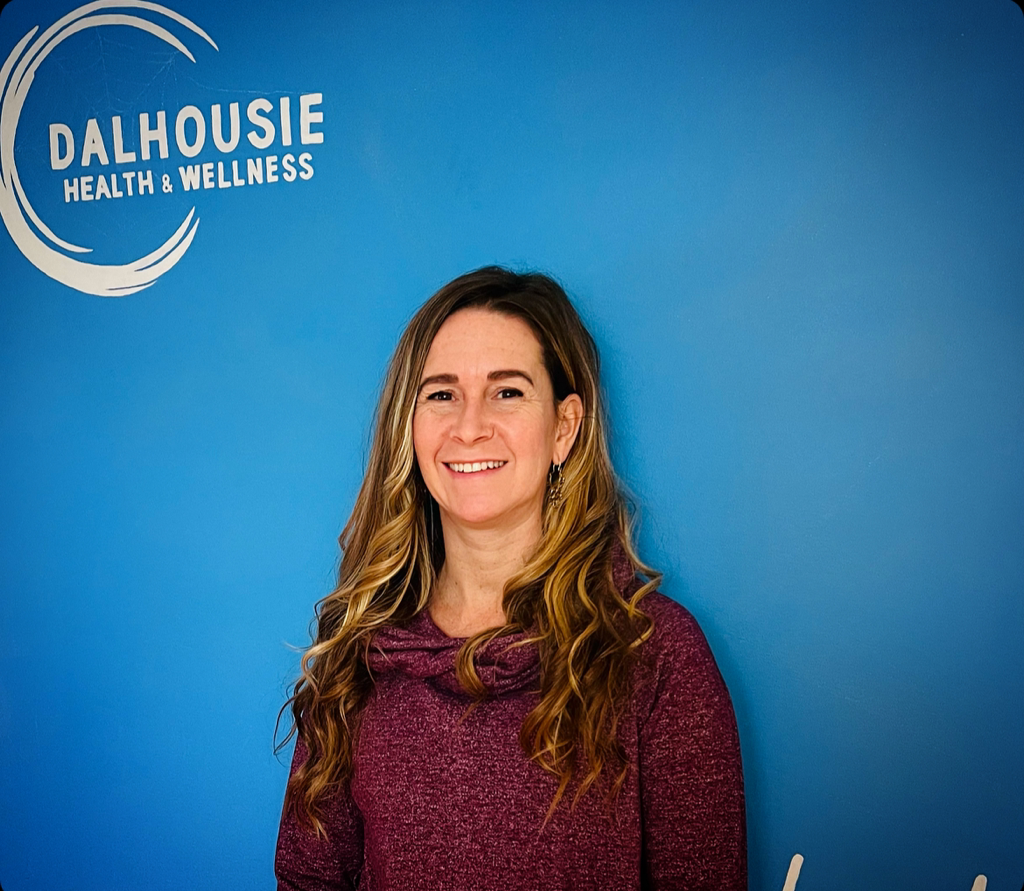
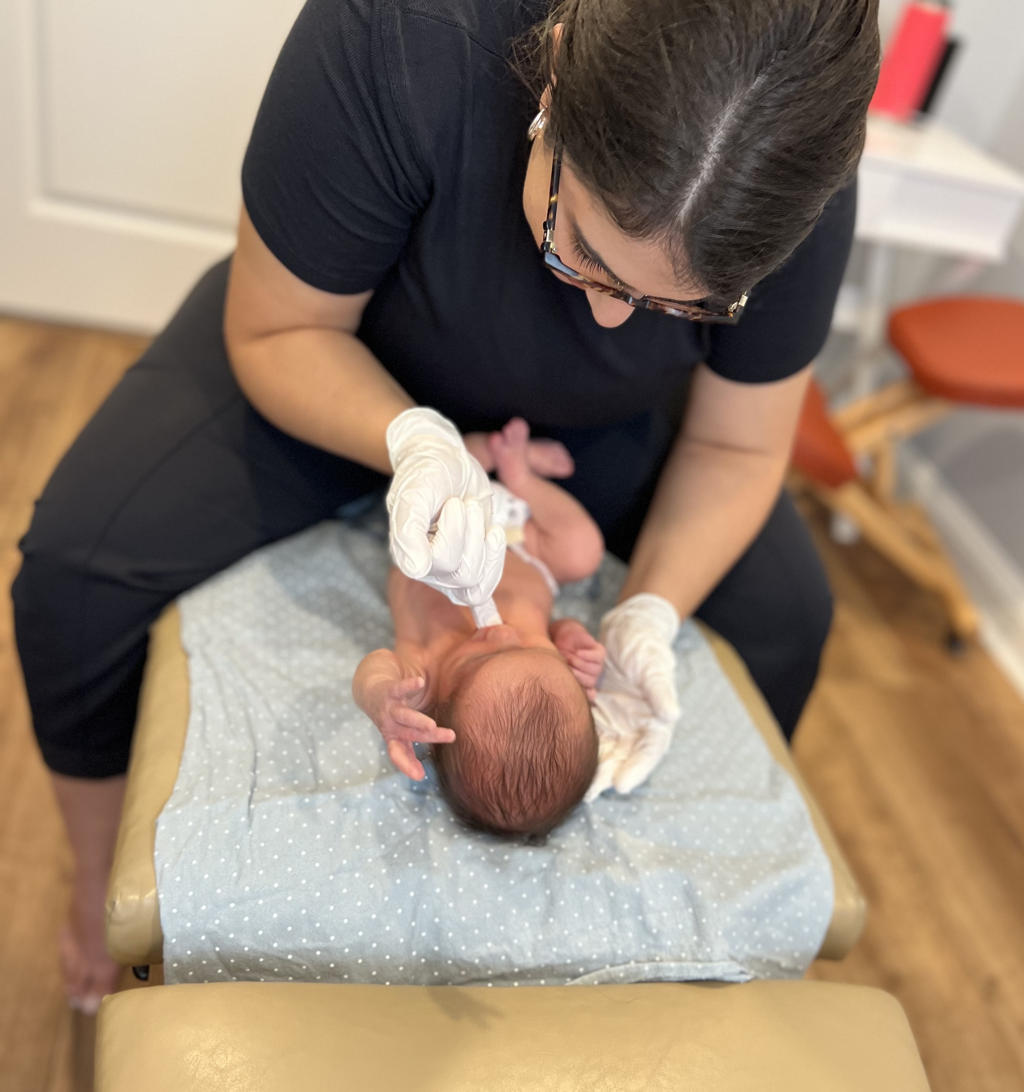
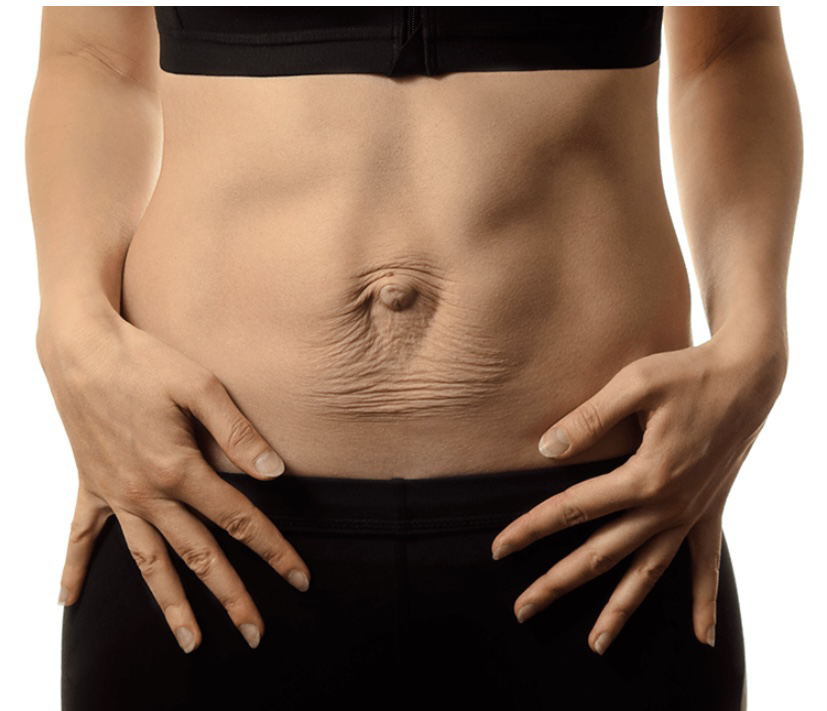
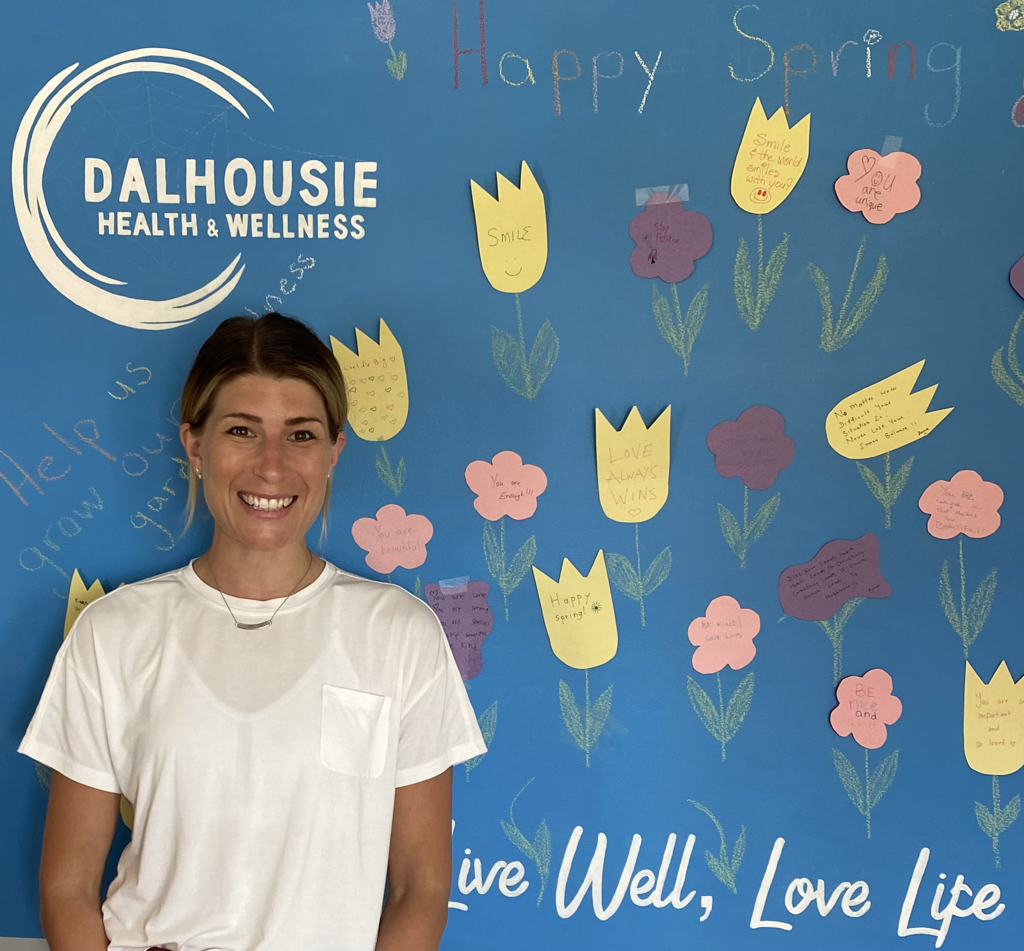

 RSS Feed
RSS Feed